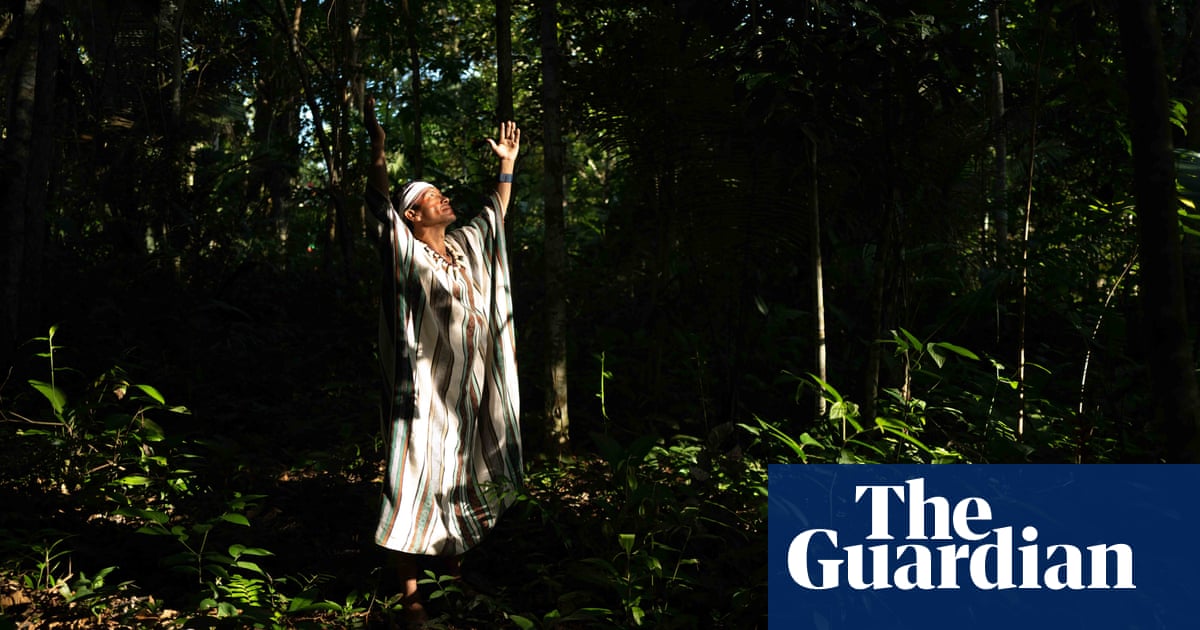
Philippine president sends peace message to Kuwait following spat
Diplomatic tensions worsened after a video emerged of Philippine Embassy staff “rescuing” allegedly distressed OFWs from their employers’ households in Kuwait
MANILA: Philippine President Rodrigo Duterte on Friday said he had sent a special envoy to relay an urgent message to Kuwait’s leaders: “Salaam,” Arabic for peace.
Relations with the Gulf state had soured due to allegations of abuse of Filipino workers. To relay his message, Duterte said he had sent his adviser on overseas Filipino workers (OFWs) Abdullah Mama-o, whom he has also tapped as special envoy to Kuwait.
Mama-o, a Muslim, last week joined a team of Philippine officials that included Labor Minister Silvestre Bello III and Duterte’s spokesman Harry Roque Jr. for urgent talks with Kuwaiti officials.
Following the talks, an agreement on the employment of domestic workers was signed by the two countries.
Members of the team returned to the Philippines on Saturday and announced the normalization of relations with Kuwait.
The rift was triggered by the discovery of the body of OFW Joanna Demafelis stuffed in a freezer at the abandoned apartment of her employers last February.
Diplomatic tensions worsened after a video emerged of Philippine Embassy staff “rescuing” allegedly distressed OFWs from their employers’ households in Kuwait.
And from Manila’s declaration in February suspending the deployment of workers to Kuwait, to the Gulf state’s expulsion of Ambassador Renato Villa in April, the situation appeared headed for a total fallout when Duterte last month urged the estimated 260,000 Filipinos in Kuwait to come home.
As the two nations finally agreed to end the row, Roque said the first step in moving on was the signing of the agreement to ensure the welfare of Filipinos in Kuwait.
Ban lifted
He also announced the lifting of the deployment ban on skilled and semi-skilled workers to Kuwait, which he said was the next step in normalizing diplomatic ties.
Manila is considering lifting the deployment ban on household service workers (HSWs) soon, Roque added.
Mama-o, who is still in Kuwait, will be the one to recommend to Duterte whether the government should totally lift the deployment ban.
But before that, Roque said Bello will implement reforms on the recruitment of HSWs, including mandatory training to help them adjust once they are sent to Kuwait.
A recruitment agency owner told Arab News on condition of anonymity that he looks forward to sending skilled workers to Kuwait once again.
His agency is well known in Kuwait for deploying male and female fast-food workers. His clients include KFC, Sbarro, McDonald"s, Burger King, Shakey’s and other popular US food chains.
His business was briefly disrupted by the total ban, but his agency was able to redeploy many of the workers to other Middle Eastern countries such as the UAE, Qatar and Bahrain.
Better relations
Migrant and recruitment expert Emmanuel Geslani expressed optimism that the signing of the agreement will re-energize the recruitment sector.
Most agency owners are looking forward to a total lifting of the ban by the end of Ramadan, he said.
“After all these problems that have been solved amicably,” bilateral relations “should get better,” Geslani told Arab News.
“The plus side is at least the Philippines put its foot down and made it clear to Kuwait that we won’t allow anymore abuses to happen.”
He lauded Duterte for sending Mama-o, saying: “Nobody else can do (the job) except a fellow Muslim. They understand one another.”
Geslani added: “We’re just hoping that Kuwaiti employers, especially those hiring Filipinos, will follow the agreement. Maybe the Kuwaiti government should make a law that its constituents should abide by it.”
One of the world’s top labor exporters
According to data from labor watchdog Migrante, there are 12-15 million Filipinos working or residing abroad.
Migrante Philippines spokesman Arman Hernando expressed unhappiness over Duterte’s call last month for all OFWs in Kuwait to return home.
“We can’t expect our OFWs to come home if the root cause of their migration — poverty due to landlessness and a lack of decent jobs — still exists and is actually worsening,” Hernando told Arab News.
It is due to the “lack of a better option that labor migration has been seen as the ticket for many Filipina workers to greener pastures,” he said, adding that the minimum wage in the country is 512 pesos ($9.78), less than half the living wage. According to Migrante, in 2017 unemployment in the Philippines rose to 9.2 percent.
Geslani said: “We’re sending more women abroad than men, with a 60:40 ratio.” Kuwait is among the top job destinations for Filipina migrants, particularly HSWs, he added.
Data released by the Philippine Statistics Authority (PSA) in April show that the number of OFWs who worked abroad at any time from April to September 2017 is estimated at 2.3 million.
Those with existing work contracts comprised 97 percent of OFWs during April-September 2017. The remaining 3 percent worked overseas without a contract. Saudi Arabia was the most preferred destination among OFWs (25.4 percent).
Remittances
According to the Central Bank of the Philippines (BSP), the growth in remittances from Filipinos abroad continues “to provide support to the country’s economy as a major driver of domestic demand.”
Personal remittances of Filipinos overseas in 2017 accounted for 10 percent of gross domestic product (GDP) and 8.3 percent of gross national income (GNI).
Data released by the BSP earlier this year showed that personal remittances from overseas Filipinos reached a record high of $3 billion in December 2017, up 7.9 percent from a year prior.
This brings cumulative personal remittances for January-December 2017 to $31.3 billion, 5.3 percent higher than the $29.7 billion in the previous year, and exceeding the BSP’s projection of 4 percent for 2017.
The bulk of cash remittances for the year came from the US, the UAE, Saudi Arabia, Singapore, Japan, the UK, Qatar, Kuwait, Germany and Hong Kong.
Combined remittances from these countries accounted for 80.1 percent of total cash remittances, according to the BSP.
Migrante, while citing the contributions of OFWs to the Philippine economy, said many of them want go home and be with their family.
But “until and unless you stop exporting them continually, and your promise of a better Philippines… is fulfilled, they’ll be forced to search for greener pastures in foreign lands, even if it’s in Kuwait or any other hostile country,” said Hernando, addressing Duterte.












